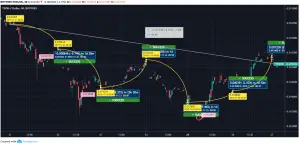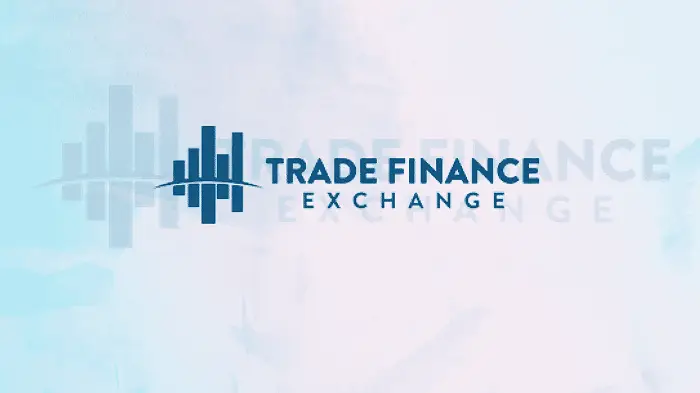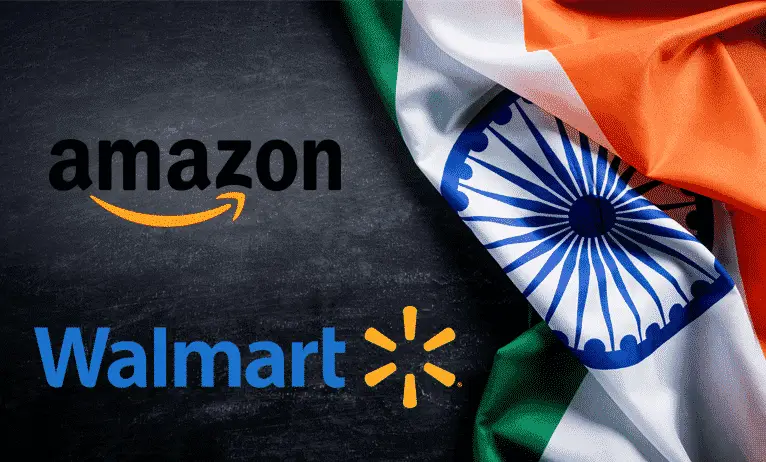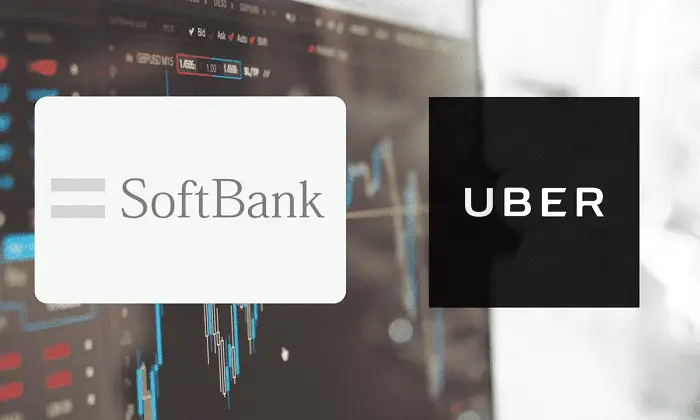Avanci has signed a patent license agreement with Volvo Cars. Avanci is an online marketplace that connects wireless technology patent owners with companies developing products and systems based on the Internet of Things (IoT) that are looking for new wireless technologies.
Volvo Cars become the 14th auto brand to sign with Avanci. This agreement gives Volvo Cars a license to use all the 2G, 3G, and 4G essential patents put up on the Avanci marketplace by 36 patent owners, as well as the patents of new patent owners who join Avanci in the future.
Commenting on the development, Kasim Alfalahi, founder and CEO of Avanci, said, “We are very pleased to have Volvo Cars, one of the most well-known and respected car brands in the world and a leader in connectivity, as a licensee.” He also mentioned that over-all participation in Avanci had doubled in 2019, and the simplicity, efficiency, and predictability of Avanci allowed licensees and patent owners to both share technology as well as work on developing new technology.
Traditionally auto firms would have to spend money on R&D to develop new technology. If they wanted a patented technology, they would have to approach the patent owner and buy it from him. Avanci acts as a bridge between patent owners and companies. Thus, companies can access a range of innovations, and patent owners can access a range of companies. Companies can give real-world feedback to patent owners who can work further on their innovations to make it more compatible with real-life situations. The problems faced by saying a car maker may be different from those faced by a truck maker; thus, patent owners will get a chance to tailor their innovations for particular types of automobiles, which in turn will open up new industries for their innovations.










